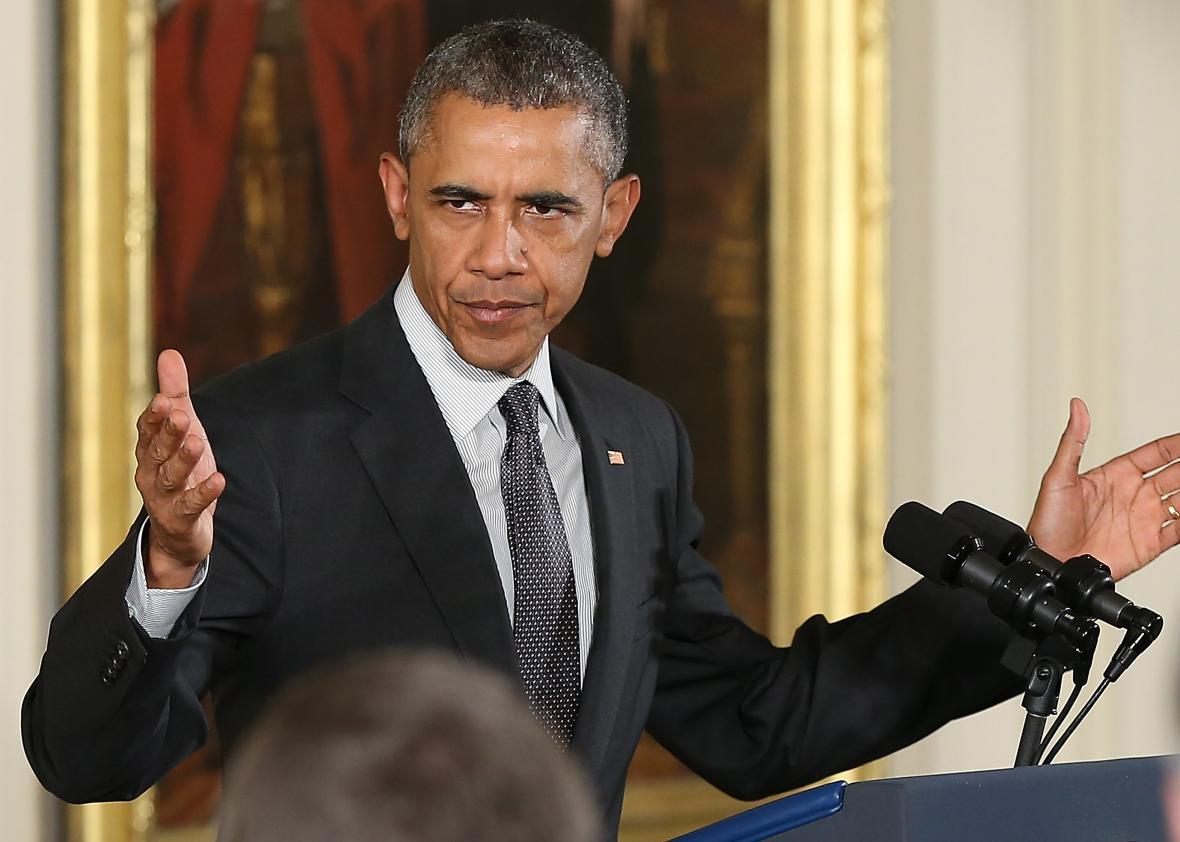On Thursday, the Equal Employment Opportunity Commission ruled that sexual orientation discrimination is already illegal under Title VII of the Civil Rights Act of 1964. As BuzzFeed’s Chris Geidner reports, the EEOC’s groundbreaking decision effectively declares that employment discrimination against gay, lesbian, and bisexual workers is unlawful in all 50 states. The commission already found that Title VII bars discrimination on the basis of gender identity, protecting trans employees.
As I’ve explained before, the EEOC’s theory here is really quite straightforward. Title VII prohibits discrimination on the basis of sex, including, the Supreme Court has ruled, irrational sex stereotyping. The EEOC previously held that when an employer discriminates a gay employee for being effeminate—or a lesbian employee for being butch—that qualifies as illegal sex stereotyping. Now the commission has taken that logic one step farther. When an employer disapproves of a lesbian employee’s orientation, he’s really objecting to the fact that a woman is romantically attracted to another woman. This objection is based on irrational, stereotyped views of femininity and womanhood. Thus, when the employer discriminates against his lesbian employee, that discrimination is based in large part on her sex, and on his anger that she does not fit into her gender role.
The EEOC also presents a simpler secondary theory: Sexual orientation discrimination is “associational discrimination on the basis of sex.” When a homophobic employer mistreats a gay male employee, he does so because he dislikes the fact that his employee dates other men. In other words, the employer took that employee’s sex into account while making the decision to treat him unequally. Such discrimination is obviously sex-based—and therefore forbidden by Title VII.
For now, the EEOC’s decision applies only to federal employees’ claims. But the EEOC represents private employees, as well, and helps employers and employees settle discrimination claims without a lawsuit. Last year, the EEOC resolved nearly half its cases through this process. And under the new guidelines, all sexual orientation discrimination will be considered illegal, empowering gay private employees to lodge discrimination complaints. Until the Supreme Court weighs in, lower courts may choose to accept or reject the EEOC’s reading of Title VII. But the commission’s rulings are respected by the judiciary, and could tip more courts to rule that sexual orientation discrimination is, indeed, already forbidden in the United States.
Update, July 17: After the decision was released, an EEOC spokesperson announced that it was decided by a 3-2 vote. It was not unanimous—though the decision itself notes no objections.
